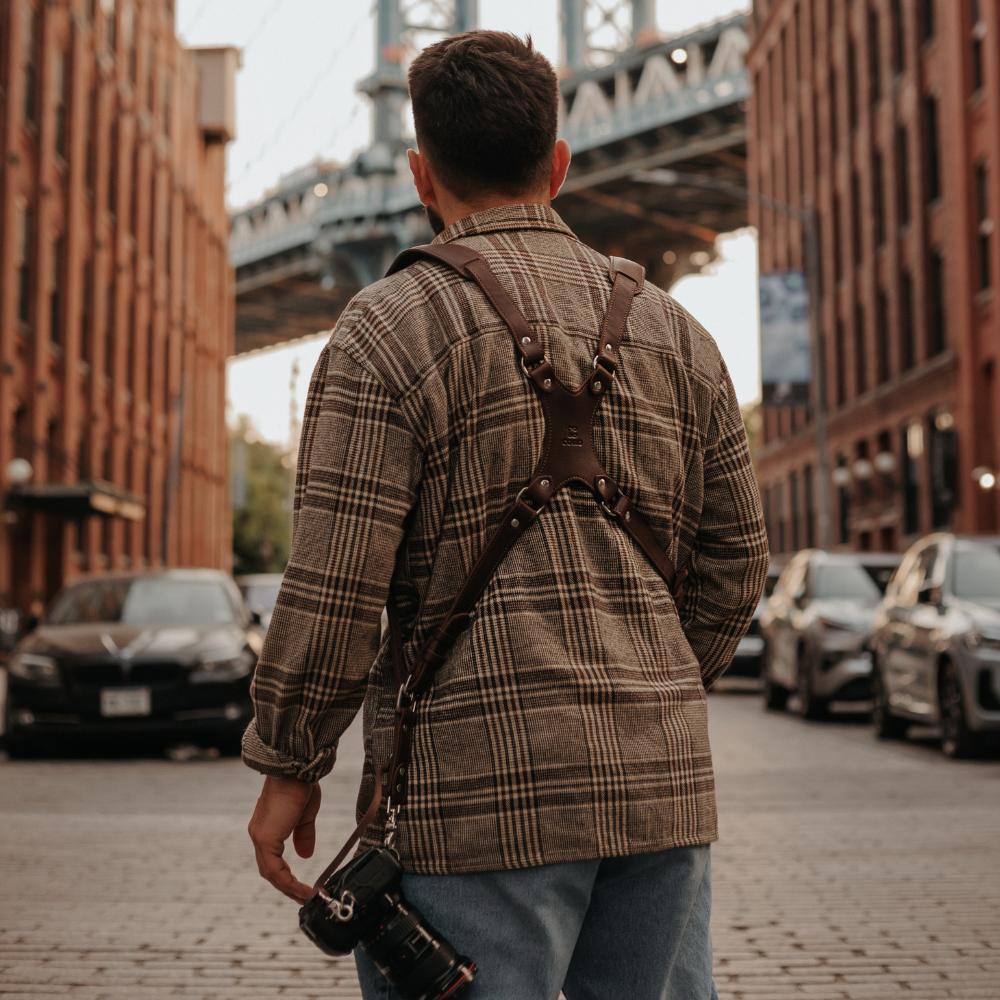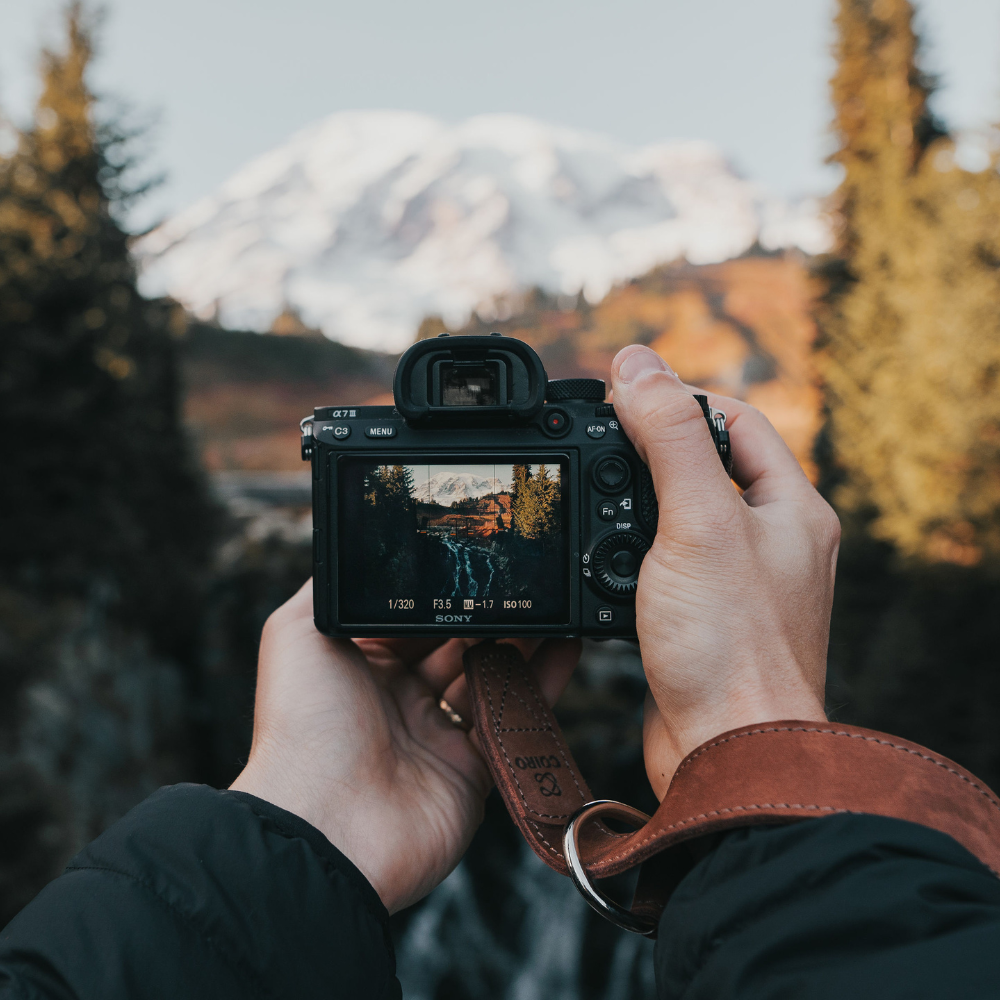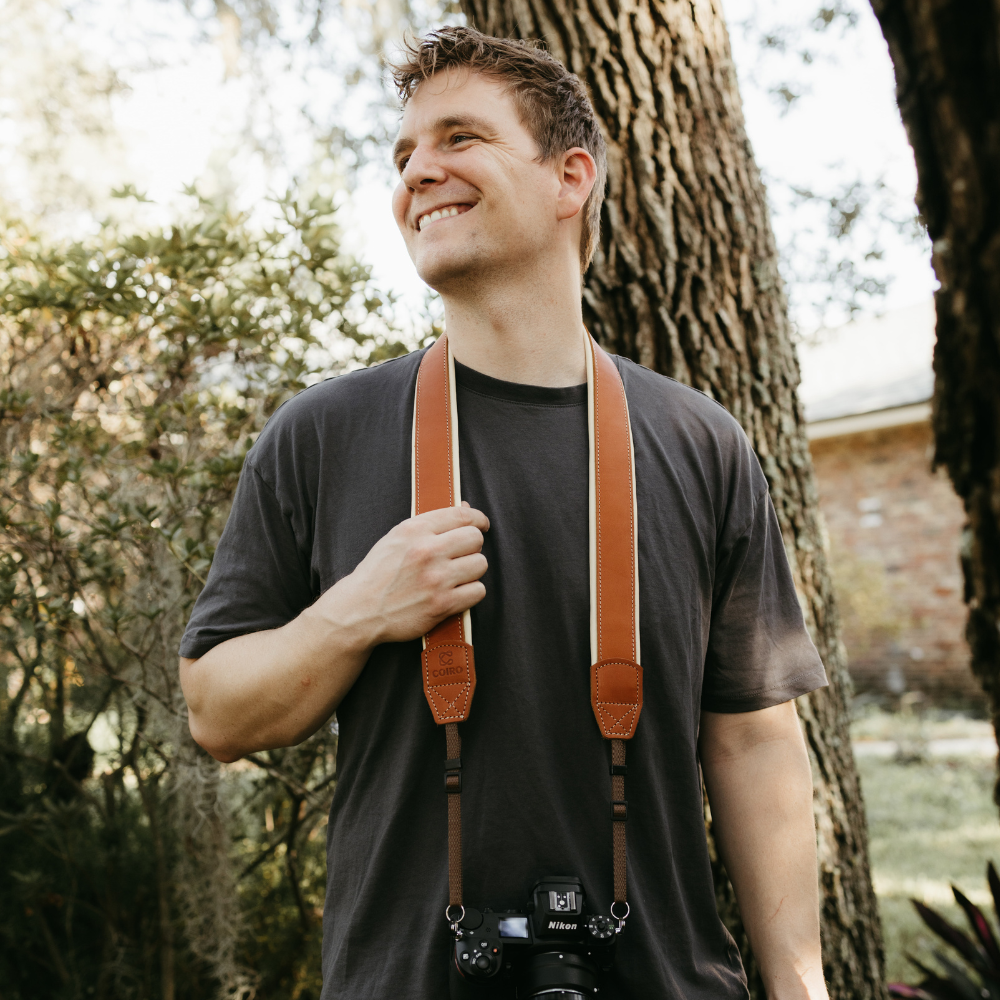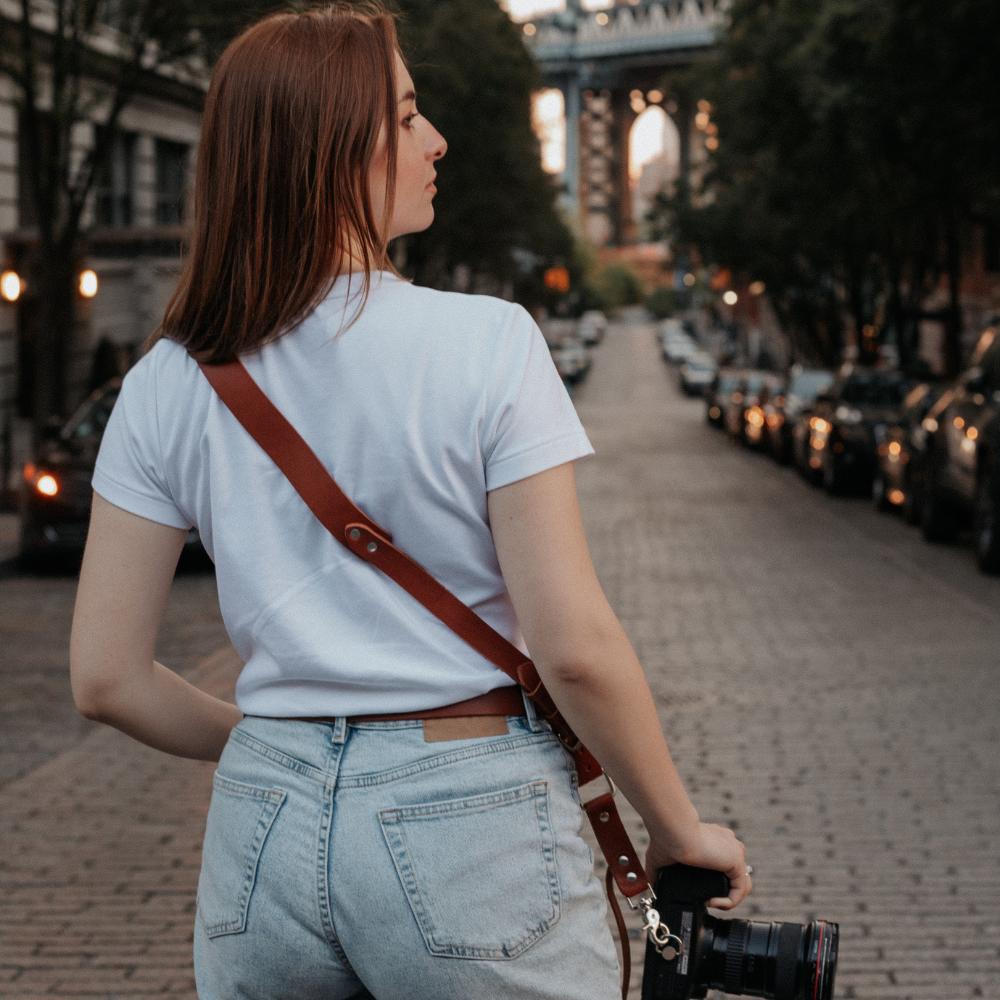In an era when every moment can be captured by pressing just one button, many are concerned about the question of which technology is better able to cope with the task of creating bright and high-quality photos — a phone camera or a digital camera? Modern smartphones, especially flagship models, are equipped with powerful cameras with many functions that just a decade ago seemed just fantastic. However, digital cameras, especially SLR and mirrorless cameras, do not lose their positions and are still the choice of both professionals and enthusiasts. So who wins the battle for the perfect shot? We will answer this question in the review of a smartphone camera vs. a digital camera.
In what respects does a smartphone camera win against a DSLR?
So are smartphones better than cameras? When talking about these devices, first of all, it is worth implying convenience and automation. Cameras in modern gadgets boast the implementation of innovative technologies, such as artificial intelligence, multiple stabilization, night mode, automatic image processing, shooting in RAW and much, much more. This allows even beginners to get a decent photo, and without much effort. At the same time, machine learning algorithms automatically determine the scene, select the white balance, exposure and are even able to adjust the image after shooting, making it even brighter and juicier. Accordingly, a smartphone versus a digital camera is a worthy competitor.
It is also worth noting the main advantage, namely - a smartphone is always at hand. This makes it an ideal tool for spontaneous shooting, traveling, reporting on social networks. Having only one device, you can shoot, edit and immediately publish photos on Instagram, and even without the need for a computer. And this is a huge plus in a world where speed is often more important than technical quality.
Why is a DSLR camera better than a phone? If you look at this issue from the other side, the difference between a phone camera and a professional camera is that the latter gives the photographer full control over the process. ISO settings, aperture, shutter speed, white balance — all these parameters can be manually adjusted on the device to a specific task and lighting conditions. Thanks to this, specialists can get exactly the result that was originally intended. In addition, professional models are mainly equipped with large matrices, which gives them an undeniable advantage in detail, dynamic range and depth of field.
SLR and mirrorless devices provide the highest possible image quality, which is especially important in low light. Thanks to interchangeable optics, the user has the opportunity to choose lenses depending on the specific situation - portrait, wide-angle, telephoto and macro. This provides tremendous opportunities for the introduction of creativity and artistic photography.
Another advantage of a digital camera versus a smartphone is durability. Professional equipment is designed for years of active use. At the same time, a phone can become obsolete in a couple of years, or even earlier. In addition, the camera has an independent storage system, such as memory cards that allow you to store thousands of RAW files without the risk of overloading the device.
Let's sum it up
And yet, it is impossible to say unequivocally that digital cameras are better than phone cameras, because the choice depends primarily on the user's goals. If you want to take great pictures on the go, share them on social networks and do not want to mess with the settings, a smartphone will definitely be the best choice for you. If you strive for a deeper mastery of the art of photography and at the same time want to control every moment for impeccable quality, only a digital camera will give you everything you need for this.
Accordingly, in the battle of a smartphone camera versus a digital camera, both devices have their strengths and weaknesses. It is important to understand that a photo is made really good not only by the equipment used, but also, above all, by the eye, sense of taste and professional skills of the photographer.





